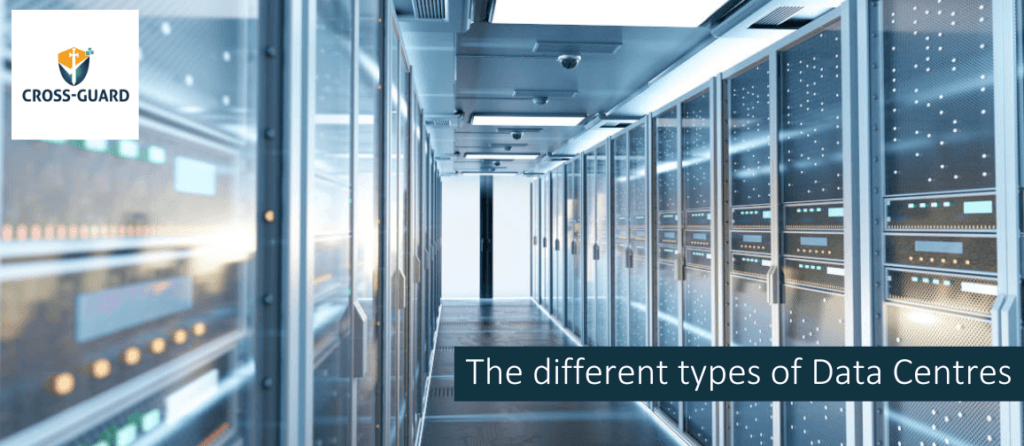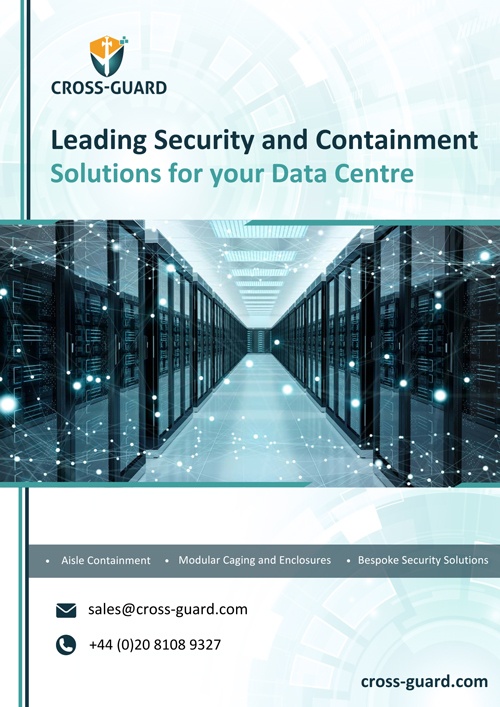The different types of Data Centres

Data Centres come in various shapes and sizes. Some types of data centres require minimal or zero capital, while others offer you full control over your IT infrastructure. This blog will cover the different types of Data Centres and allow you to develop your understanding of Data Centres to pick the best option for you.
There are 6 main different types of data centres:
- Colocation Data Centre
A colocation data centre is the most affordable option and the most widely used type of data centre. The colocation data centre is a multi-tenant facility that serves multiple tenants or clients and it is shared by a high number of clients. One of the main advantages of the colocation data centre is the affordability as you lease space, power, cooling etc.., from your data centre provider. This is a great option for small businesses as long they don’t mind sharing a facility.
2. Enterprise Data Centre
An enterprise data centre allows you to have full control over your data centre. To own such a powerful data centre you’ll need a massive amount of capital while running the whole data centre assembling a management team and gathering IT talent and security personnel. An enterprise data centre’s biggest strength is that it offers you complete control over your entire IT infrastructure. That includes your applications, data, hardware, and the facility itself. This type of data centre is the best for large companies who want complete exclusivity in a data centre.
3. Cloud Data Centre
A cloud-based service offers access to virtualized IT infrastructure and it allows you to not have to manage your IT infrastructure’s physical aspects which includes the physical servers, routers, networking, etc. The biggest advantage of cloud data centres is that they have the characteristics of cloud computing, therefore they’re highly scalable. They require zero CAPEX and provide flexible payments. This type of data centre gives greater CAPEX savings, however, the downside is you won’t fully control the facility and the physical IT infrastructure.
4. Edge Data Centre
The edge data centre is a fairly new addition to the list, it is a smaller-sized colocation facility. Businesses build these smaller data centres close to their target end users instead of building one huge data centre. The reasoning behind this architecture is to reduce latency and the biggest advantage is the speed!
5. Micro Data Centre
Micro Data Centres are a subclass of the edge data centre, and sometimes can be as small as a locker! The advantage of a micro data centre is the ability to reduce latencies. You would need a micro data centre if your business primarily operates on Internet of Things (IoT) devices.
6. Hyperscale Data Centre
Hyperscale data centres are sprawling, single-site facilities. They also house several thousands of servers. They’re each equipped with massive storage capacities, high-speed networks, and computing power. Hyperscale data centres are significantly more powerful and scalable than the other two. Companies like Amazon, Google, and Facebook all use hyper-scale data centres.
How can Cross-Guard help you
As the leading data centre provider of choice, we have a wide range of products to help optimise your data centres’ energy efficiency and security. Head over to our website to discover more about our products and services. You can also call our team on +44 (0) 20 8616 9435 or email sales@cross-guard.com.
SHARE
DOWNLOAD A COPY OF OUR BROCHURE

